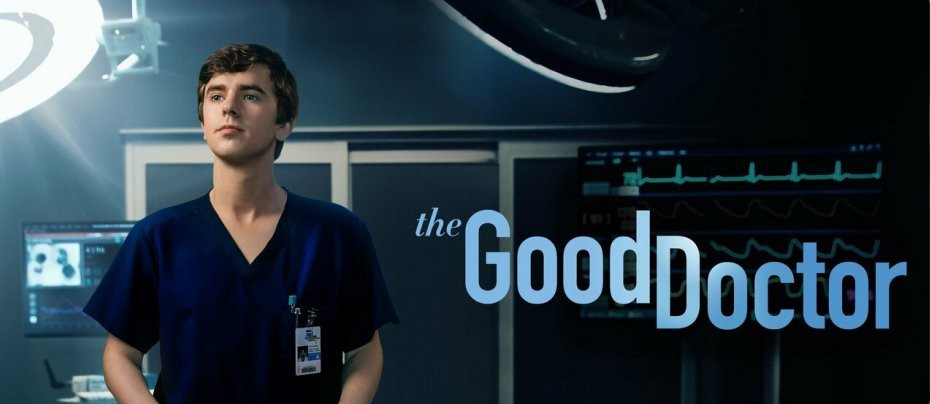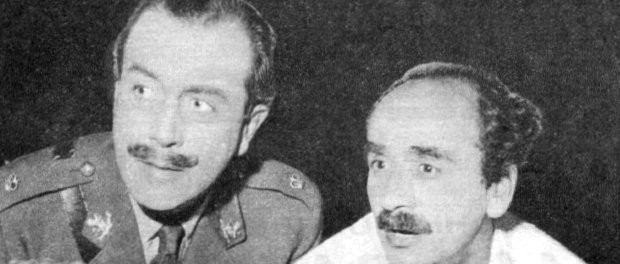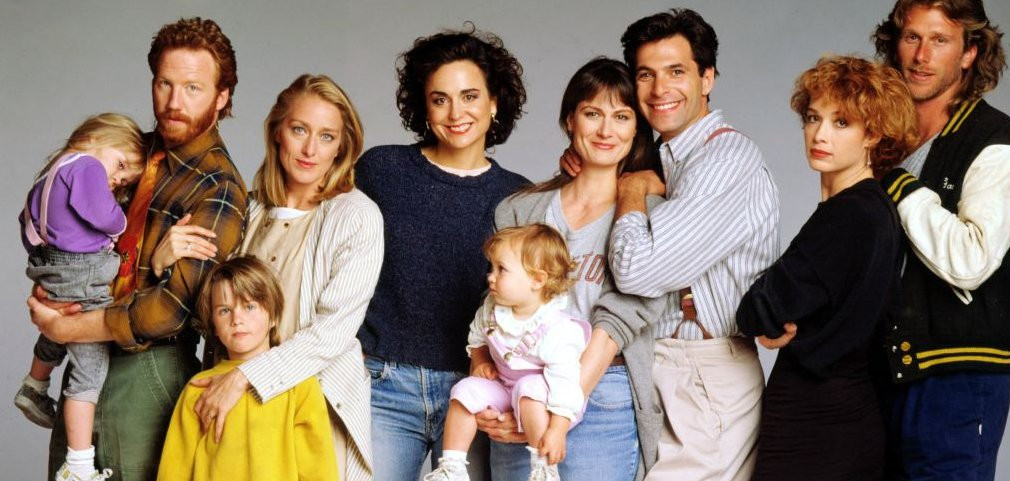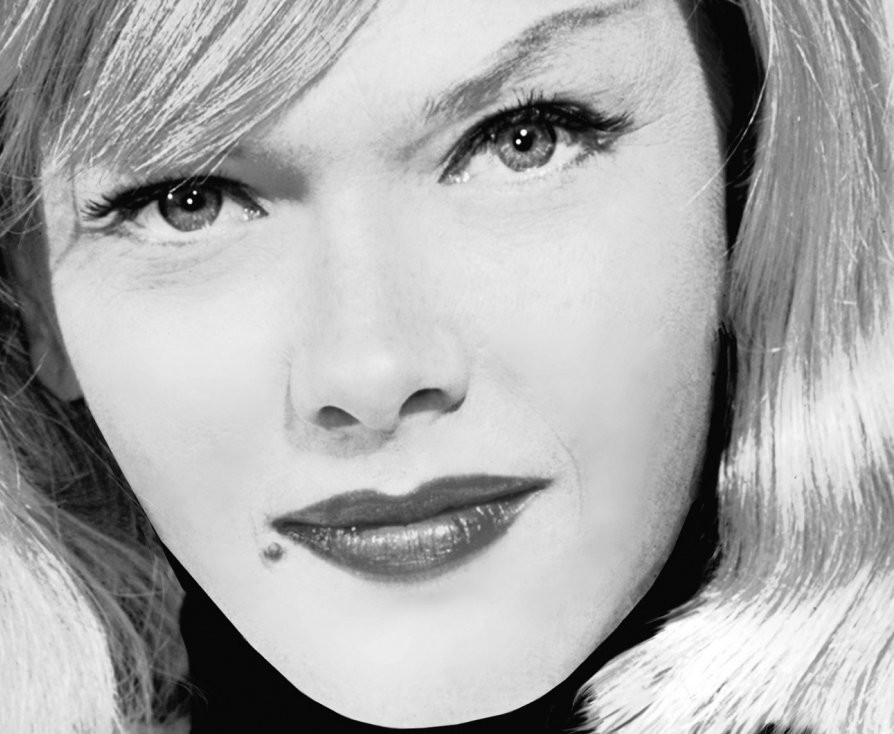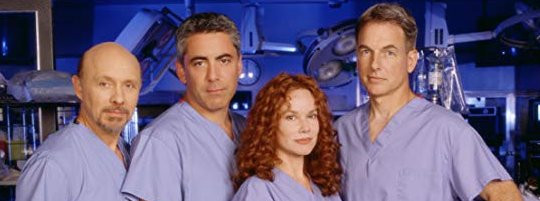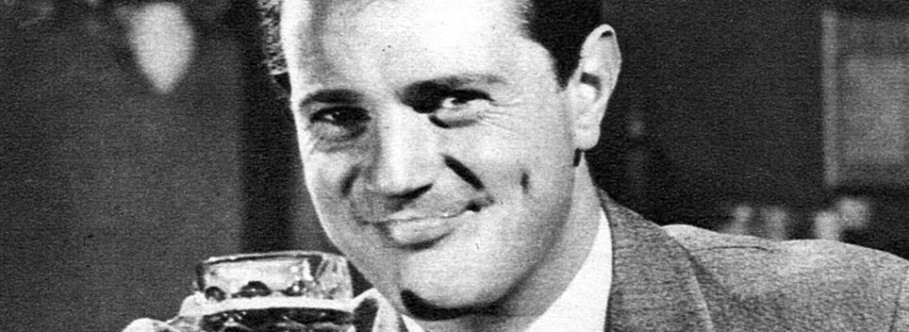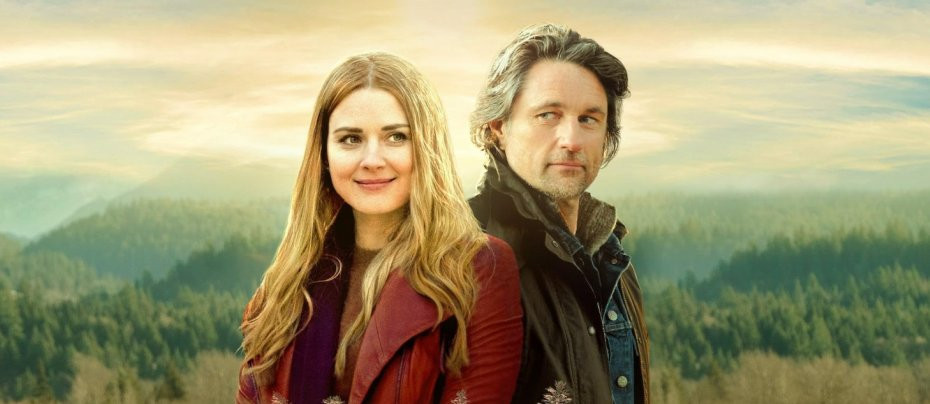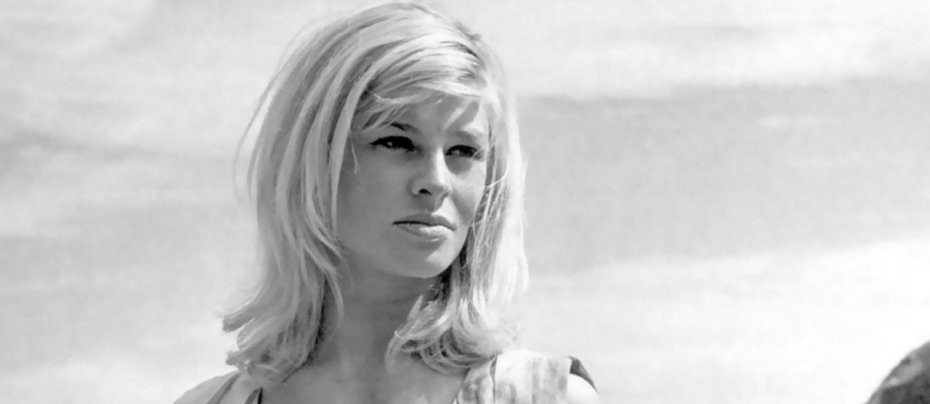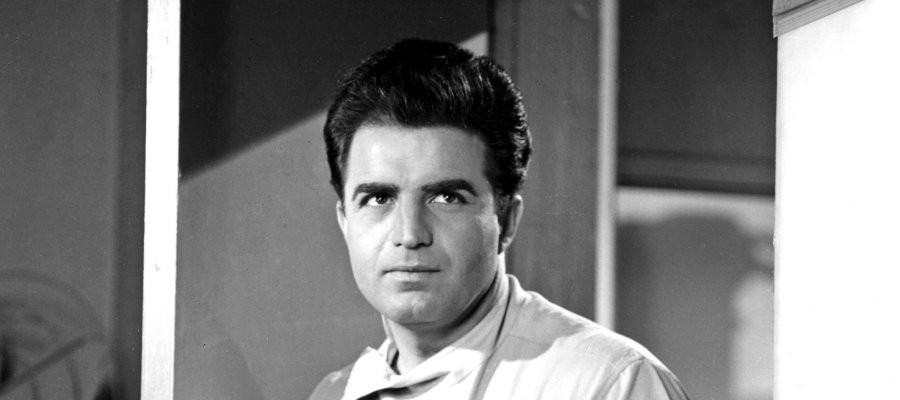
Ben Casey
1961 - United StatesIn an era when television doctors were often portrayed as near-saintly figures, Ben Casey burst onto American screens in the early 1960s with something refreshingly different: a hard-edged, emotionally complex protagonist who was unafraid to challenge the rules. Played by the ruggedly handsome Vince Edwards, a former New York State swimming champion from a tough Brooklyn background, Dr Ben Casey was a bold departure from the more polished, compliant doctors of the time.
The series was created by James Moser, a former novice priest, and centred around the intense world of neurosurgery at the fictional County General Hospital. Casey was no stranger to emotional conflict or institutional resistance; he was a rebel with a surgical cause, prepared to flout hospital protocol if it meant doing right by his patients. In many respects, he was decades ahead of his time – a character whose gritty realism paved the way for later maverick doctors on television. This set a precedent for characters like Dr Gregory House, who took the rebellious doctor trope to new extremes. House, cynical and abrasive, uses brilliance to justify behaviour that is often borderline unethical. Yet, both characters share a deep sense of responsibility towards their patients — no matter how unorthodox their methods.
Despite often being overshadowed in the ratings by its more commercially popular rival Dr. Kildare, Ben Casey arguably offered a far superior viewing experience. With its tight, urgent storytelling and pioneering close-up shots of surgical scenes, the series created a palpable sense of tension that would only be rivalled thirty years later by ER. Its boldness extended beyond stylistic choices – Ben Casey was also the first medical drama to tackle controversial issues such as abortion, lending it a sense of maturity and moral weight absent in many of its contemporaries.
The chemistry between Casey and his wise old mentor, Dr David Zorba (superbly played by Sam Jaffe), provided a necessary counterbalance to Casey's more volatile nature. Their dynamic mirrored a kind of Socratic relationship, with Zorba often acting as a voice of reason and calm against Casey’s impassioned outbursts. Behind the scenes, the show benefited from the early involvement of Sydney Pollack, who would go on to win an Academy Award for directing Out of Africa.
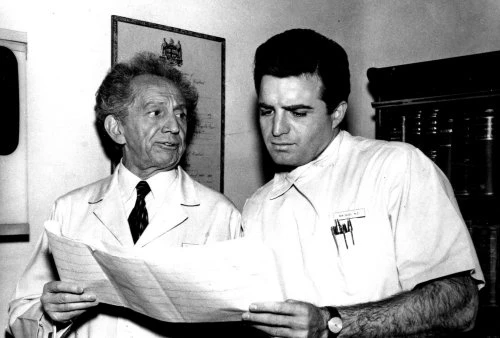
Edwards (born Vincent Edward Zoino) brought a depth to the role that was informed by his own hardscrabble upbringing. Reflecting in a 1963 interview, he spoke candidly about growing up. "I was the son of a bricklayer. He's been dead years along with three of my brothers and sisters. We were seven in all. Until I was quite a big guy I didn't know there were people who could afford to change their clothes every day, that some houses had more than one bathroom and that the living room wasn't for sleeping in." However, Edwards worked hard enough to get his way into Ohio State University before joining New York's American Academy of Dramatic Art, where among his classmates were future stars Grace Kelly, Anne Bancroft and John Cassavetes. His tall athletic build eventually led him to the title role in the film Mr. Universe and he was spotted by Hollywood legend Bing Crosby, whose company (Bing Crosby Productions) were about to begin filming Ben Casey.
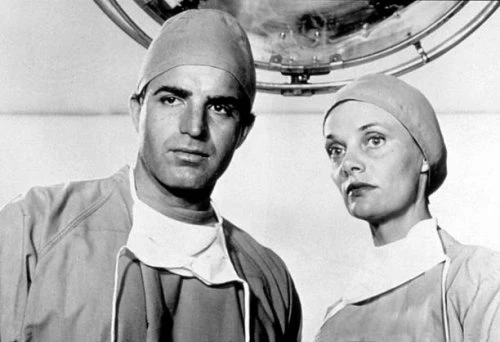
The success of Ben Casey was both a blessing and a curse. Edwards struggled to escape the shadow of the role and was typecast as the intense, brooding figure. He acted as Doctor Matt Lincoln in a short-lived TV series in 1970, and there was an attempt to resurrect Casey in The Return of Ben Casey in 1988, which catches up with him after he has separated from his wife and has been estranged from his son, and has now returned to the hospital where he used to practise in order to teach future doctors, but it was not taken up as a series and sadly none of his later roles came anywhere near the popularity of his original success. He later moved into directing TV shows and made-for-television films and was a voice artist for a number of animated productions.
Edwards battled personal demons, including a long struggle with gambling addiction, which he was open about later in life. His financial and emotional problems were well-documented, and he worked actively later in his life to support gambling addiction recovery programs, warning others of its dangers. He was married twice and had children, but his personal life was often turbulent.
Vince Edwards died of pancreatic cancer on 11 March 1996, at the age of 67. Though his later career never quite recaptured the meteoric success of Ben Casey, he remains a significant figure in television history. His legacy is particularly evident in the way medical dramas evolved after him — more realistic, emotionally layered, and willing to question authority.
Ben Casey ran for five seasons, but sadly, like many series of the time, it eventually succumbed to a softer, more melodramatic tone in its later years and was cancelled in 1965 — ironically five months before the demise of Dr. Kildare. Still, Ben Casey left behind a legacy as a groundbreaking, emotionally driven series that dared to show doctors not as demigods, but as flawed, impassioned human beings.
Seen this show? How do you rate it?
Seen this show? How do you rate it?
Published on May 4th, 2025. Written by Laurence Marcus for Television Heaven.


